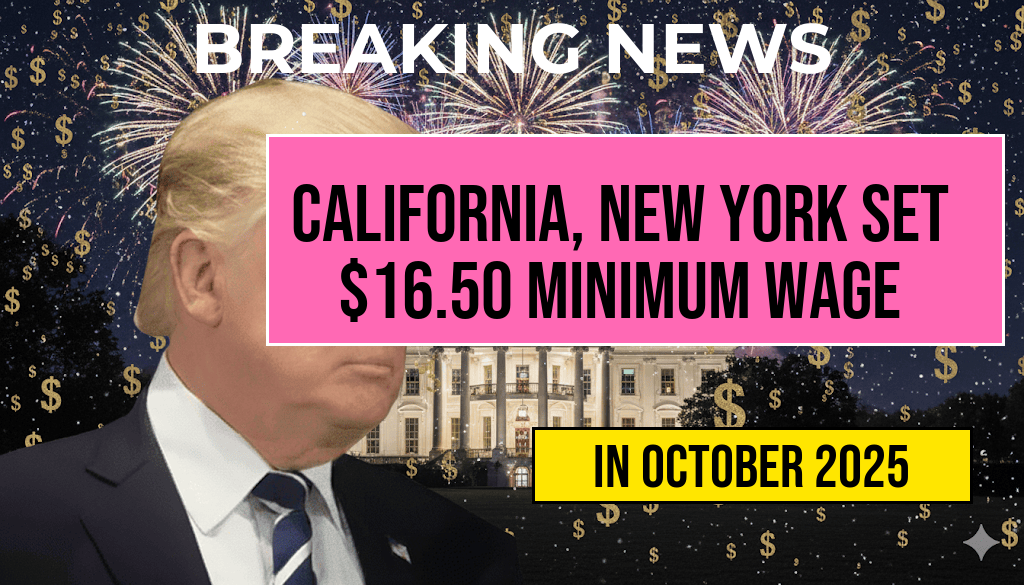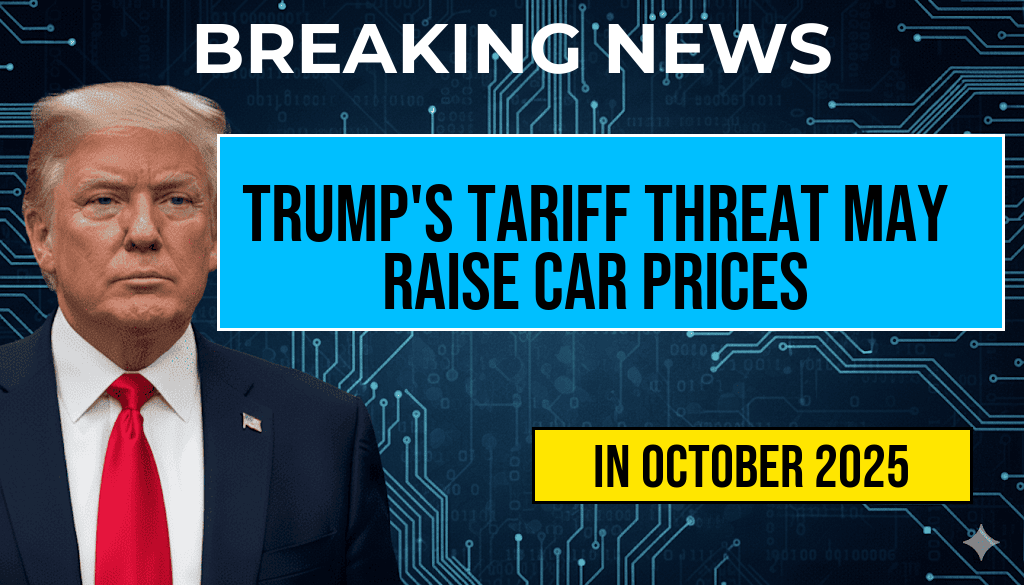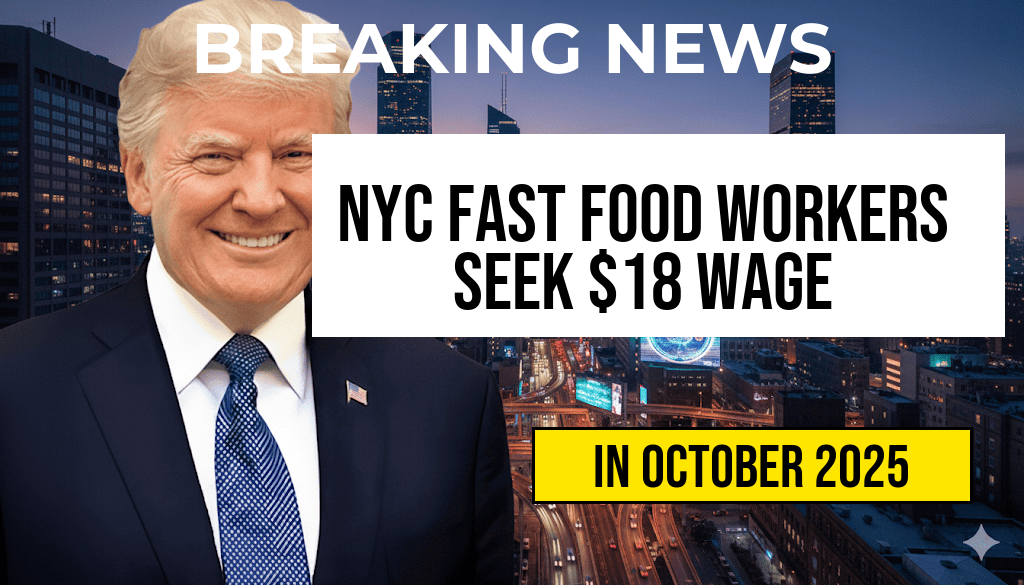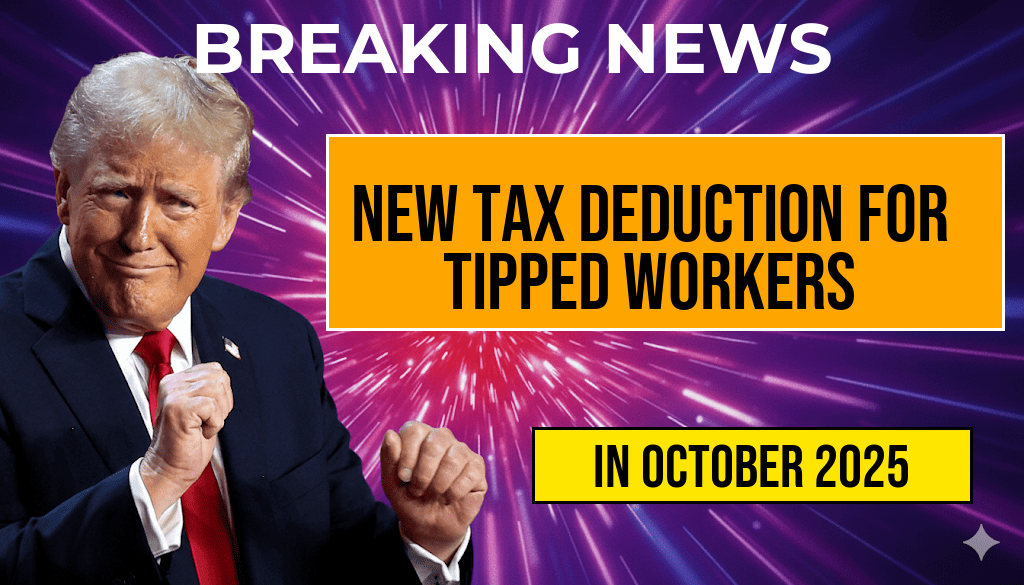Fast food workers in New York City are rallying for a significant wage increase to $18 per hour, spurred by a newly proposed law aimed at improving the livelihoods of low-income employees in the fast food sector. This initiative comes amidst rising living costs and growing concerns about economic inequality. Advocates argue that the current minimum wage, set at $15 an hour, is insufficient for workers to make ends meet in an expensive urban environment. With the support of various labor unions and community organizations, the push for higher wages is gaining momentum, as workers prepare to voice their demands at upcoming public hearings.
Background of the Wage Increase Proposal
The proposed wage increase is part of a broader movement advocating for fair pay across various sectors. Fast food employees, who often work long hours with minimal benefits, have been at the forefront of this campaign. According to the Forbes, the demand for higher wages reflects a nationwide trend in which workers are increasingly vocal about their rights and economic conditions.
Economic Context and Impact
The economic landscape in New York City has presented significant challenges for low-wage workers. Rising rents, transportation costs, and food prices have outpaced wage growth, leading many to struggle to afford basic necessities. A recent report from the New York Daily News highlights that many fast food workers are forced to rely on public assistance programs just to make ends meet.
Support from Labor Unions and Community Organizations
The push for the $18 hourly wage has garnered widespread support from labor unions, including the Service Employees International Union (SEIU) and local advocacy groups. These organizations are mobilizing workers to share their stories and participate in public demonstrations to showcase the urgent need for change.
- SEIU: Advocates for workers in low-wage industries.
- NYC Fight for $15: A coalition of workers demanding fair wages.
- Food for All Coalition: Supports equitable pay for food service workers.
Potential Legislative Changes
The movement is gaining traction as local lawmakers discuss the implications of a new wage policy. Advocates argue that increasing the minimum wage for fast food workers could lead to improved employee retention and productivity, ultimately benefiting businesses in the long run. A recent study indicated that higher wages could reduce turnover rates and decrease hiring costs for employers.
| Sector | Current Minimum Wage | Proposed Wage |
|---|---|---|
| Fast Food | $15 | $18 |
| Retail | $15 | $18 |
| Hospitality | $15 | $18 |
Community Reactions and Future Prospects
Community members and local businesses have expressed mixed reactions to the proposed wage increase. While many support the workers’ rights to a living wage, others fear that higher labor costs could lead to increased menu prices and potential job losses. However, advocates emphasize the necessity of addressing income inequality and ensuring that all workers can sustain themselves in one of the nation’s most expensive cities.
As public hearings approach, workers are preparing to present their case to city officials. They aim to highlight not only the financial necessity of the wage increase but also the moral imperative of ensuring that hard-working individuals can support their families without resorting to government assistance.
Looking Ahead
The outcome of this wage advocacy may set a precedent for other cities grappling with similar challenges. With the support of labor organizations and a growing public recognition of economic disparities, fast food workers in New York City are poised to make their voices heard, as they seek not only a fair wage but also dignity and respect in the workplace.
Frequently Asked Questions
What is the proposed pay rate that fast food workers in New York City are advocating for?
Fast food workers in New York City are advocating for a pay rate of $18 an hour under a new law.
Why are fast food workers seeking an increase in their pay rate?
Fast food workers are seeking an increase in their pay rate to ensure fair wages that reflect the cost of living in New York City, as well as to support their basic needs and financial stability.
What law is influencing the push for higher wages for fast food workers?
The push for higher wages is influenced by a new law aimed at improving labor conditions and ensuring that fast food workers receive fair compensation.
How has public opinion responded to the workers’ advocacy for higher wages?
Public opinion has largely been supportive of the fast food workers’ advocacy for higher wages, with many community members recognizing the need for living wages in the fast food industry.
What impact could the implementation of the $18 pay rate have on the fast food industry?
The implementation of the $18 pay rate could lead to significant changes in the fast food industry, including potential increases in menu prices, adjustments in staffing, and overall shifts in business operations.











